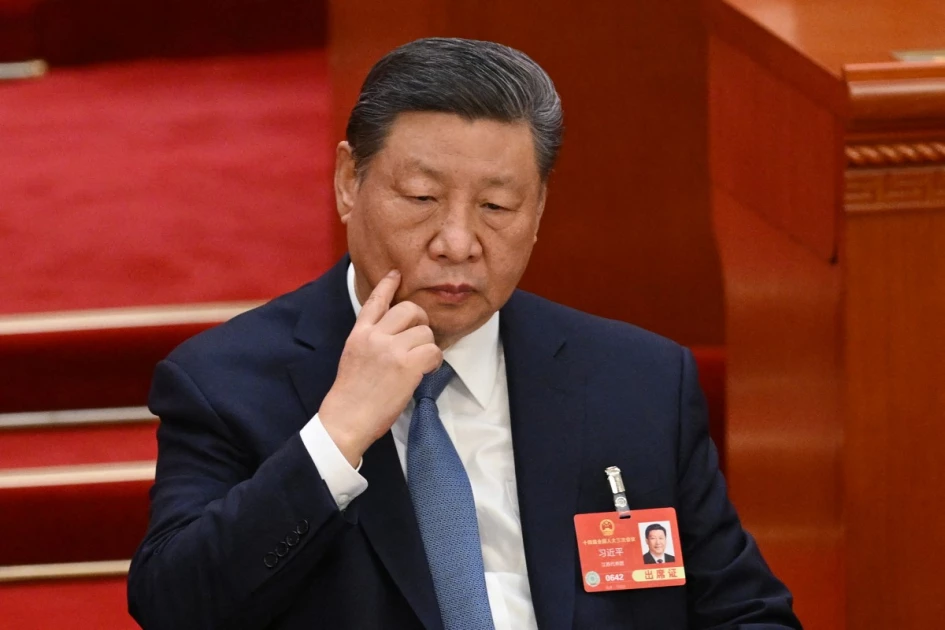Nepal’s Prime Minister, KP Sharma Oli, has resigned after deadly protests broke out across the country. The protests were led mostly by young people who were angry about government corruption and a recent ban on social media.
The protests started on Monday, September 8, 2025, after the government blocked major social media platforms like Facebook, YouTube, and Instagram. Although the ban was lifted later, it did not stop the protests.
On Tuesday, things got worse. Protesters set fire to the Prime Minister’s house in Kathmandu and attacked government buildings.
Police tried to control the crowds by using tear gas and, according to Amnesty International, live bullets. At least 19 people were killed, making it one of the most violent crackdowns in recent years.
Many young people in Nepal are frustrated with the government. They are upset about:
High corruption
Poor economic conditions
Lack of jobs
And now, limits on freedom of expression online
The youth, especially those between 15 and 40 years old, make up almost half of the population. They rely heavily on social media for news, work, and staying connected.
After the violence, three government ministers also resigned. Eventually, Prime Minister Oli stepped down, saying he wanted to help find a political solution to the crisis.
What Happens Next?
The United Nations has called for a transparent investigation into the killings.
Many young people say they will continue demanding change.
The resignation has opened the door for new leadership, but it’s unclear who will take over.
According to the Kathmandu Post, “This isn’t just about social media—it’s about trust, corruption, and a generation that refuses to stay silent.”
KP Sharma Oli was serving his fourth term as Prime Minister after his Communist Party formed a coalition government last year. His government had previously restricted platforms like Telegram and TikTok, citing online fraud. TikTok was only allowed back after agreeing to follow local rules.
The recent protests in Nepal show a rising frustration among the country’s youth. The resignation of the Prime Minister is a big political shift, but the people are now looking for real change—not just new faces in power.



